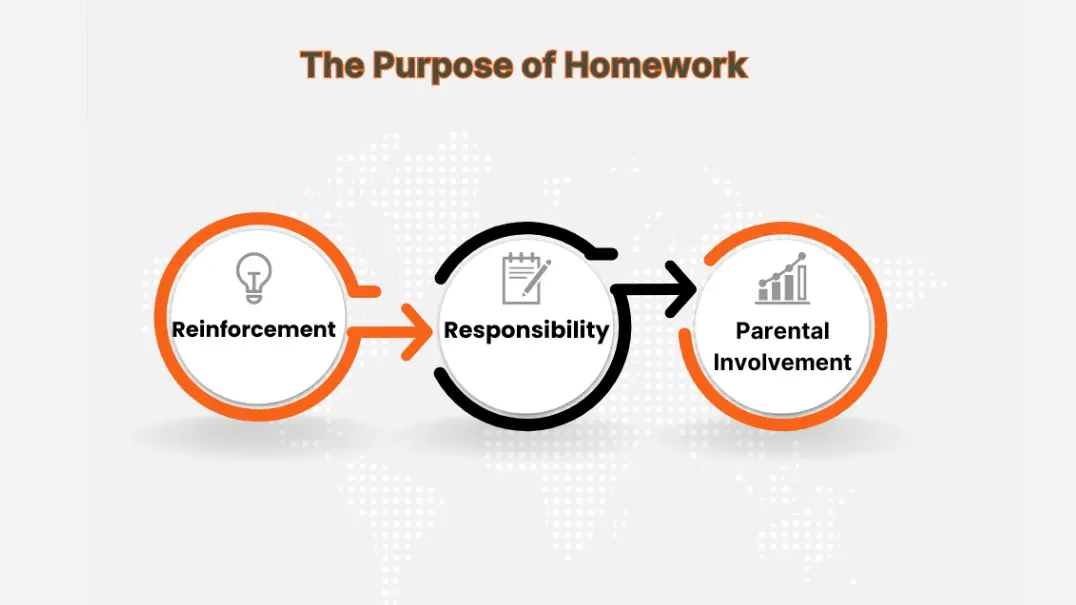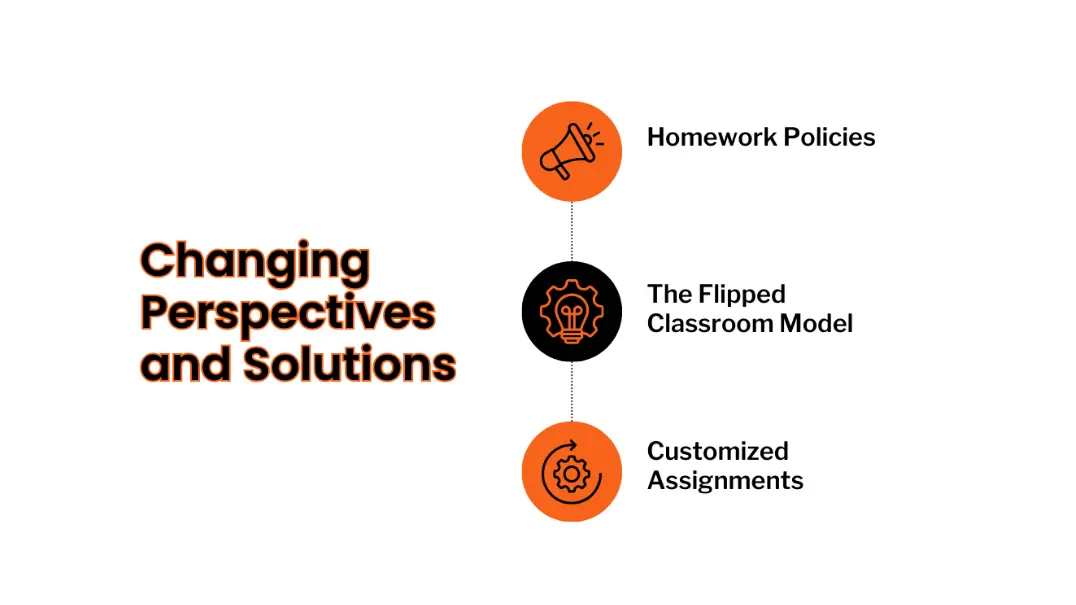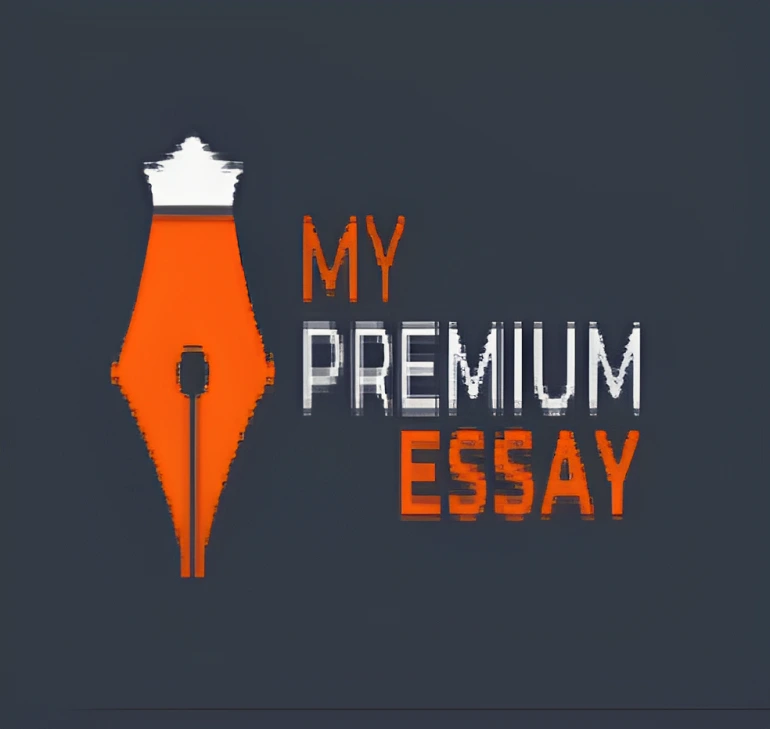Homework is a staple of the educational experience, ubiquitous across classrooms around the world. But was this practice originally designed as a form of punishment? The history of homework is both fascinating and somewhat surprising, revealing its roots and how its role in education has evolved over time.

The Inception of Homework
The concept of homework can be traced back to ancient Rome. According to historical accounts, an educator named Pliny the Younger, in the 1st century AD, asked his followers to practice public speaking at home to develop their rhetorical skills. This exercise, meant to improve proficiency outside the classroom, could be considered one of the earliest forms of homework.
However, the modern concept of homework as we know it was popularized much later. Roberto Nevilis, an Italian pedagog, is often credited with the invention of homework in 1905. The purpose, according to some sources, was indeed to punish his underperforming students. However, this attribution is somewhat controversial and considered apocryphal by many historians. The lack of substantial evidence and scholarly documentation from that period casts doubt on the claim that Nevilis was indeed the inventor of homework.
Homework in the 20th and 21st Centuries (History of Homework)
As educational theories evolved, so did the attitudes towards homework. In the early 20th century, progressive education theorists decried homework for its potential to cause physical and mental stress and called for limitations on its use. The 1950s saw a resurgence in the favor of homework, driven by the Cold War and the desire to compete academically on the global stage, particularly against the Soviet Union.
In recent years, the debate around homework has continued, with some advocating for its
benefits while others highlight the stress and imbalance it can cause in students' lives,
especially in younger grades. Research has suggested that while homework can improve
academic achievement, particularly for high school students, excessive amounts can be
counterproductive.
Must See: Should
Homework be Banned?
The Purpose of Homework
Despite the murky origins of who exactly started the practice, the purpose of homework has been clear throughout educational history: to reinforce learning. By assigning tasks to be completed outside the classroom, teachers aim to help students consolidate new knowledge, practice skills, and understand course materials more deeply. This is especially true in subjects like mathematics, science, and languages, where practice can significantly impact comprehension and retention. So we can say homework serves multiple educational purposes:

-
1 Reinforcement: Homework allows students to review and practice what they have learned in class, helping to reinforce skills and knowledge.
-
2 Responsibility: Regular assignments help students develop time management and organizational skills, fostering a sense of responsibility.
-
3 Parental Involvement: Homework assignments provide an opportunity for parents to engage with their child’s learning, giving them insight into the curriculum and their child’s educational progress.
Changing Perspectives and Solutions
Educators, parents, and policymakers are rethinking traditional practices to address the concerns associated with homework while maximizing its benefits. Here are some of the innovative perspectives and solutions being implemented:

-
Homework Policies
In response to these challenges, some schools and districts have revised their homework policies. These revisions include setting limits on the amount of homework assigned, making homework more relevant to the students’ learning, or even implementing no-homework policies to allow children more time for other developmental activities.
-
The Flipped Classroom Mode
Another innovative approach is the flipped classroom model, where students watch lectures at home and use class time for hands-on work and problem-solving. This model shifts the nature of homework from rote tasks to engaging, preparatory learning that enhances classroom interaction.
-
Customized Assignments
Some educators advocate for personalized homework that considers individual student needs, learning styles, and interests. This approach aims to make homework more engaging and effective by aligning with students' personal educational requirements.
Must see; Homework Tips.
Final Thoughts
The idea that homework was created as a form of punishment is more myth than fact. While it may have been used punitively in some isolated cases, the overarching intent of homework has been educational, aimed at enhancing students' learning and academic performance. As education continues to adapt to new research and societal needs, the role of homework is likely to be scrutinized and tailored to maximize its benefits while minimizing its drawbacks.
The evolution of homework reflects broader changes in educational philosophies and the understanding of children’s developmental needs. Whether as a tool for punishment or a means to educate, the concept of homework has been integral in shaping the educational experiences of countless generations, continuously evolving to meet the changing demands of society and educational best practices.
At My Premium Essay, we recognize that managing homework alongside other responsibilities can be a daunting task for many students. That's why we offer Buy Essay Online services, providing expert support to help you meet your educational goals without compromising on quality or well-being. Let us help you manage your workload more effectively, ensuring that you have the time and energy to focus on what matters most in your educational journey.
Sources
Does Homework Improve Academic Achievement? - https://assess.ucr.edu/sites/default/files/2019-02/cooperrobinsonpatall_2006.pdf
Flipped-classrooms - https://bokcenter.harvard.edu/flipped-classrooms




